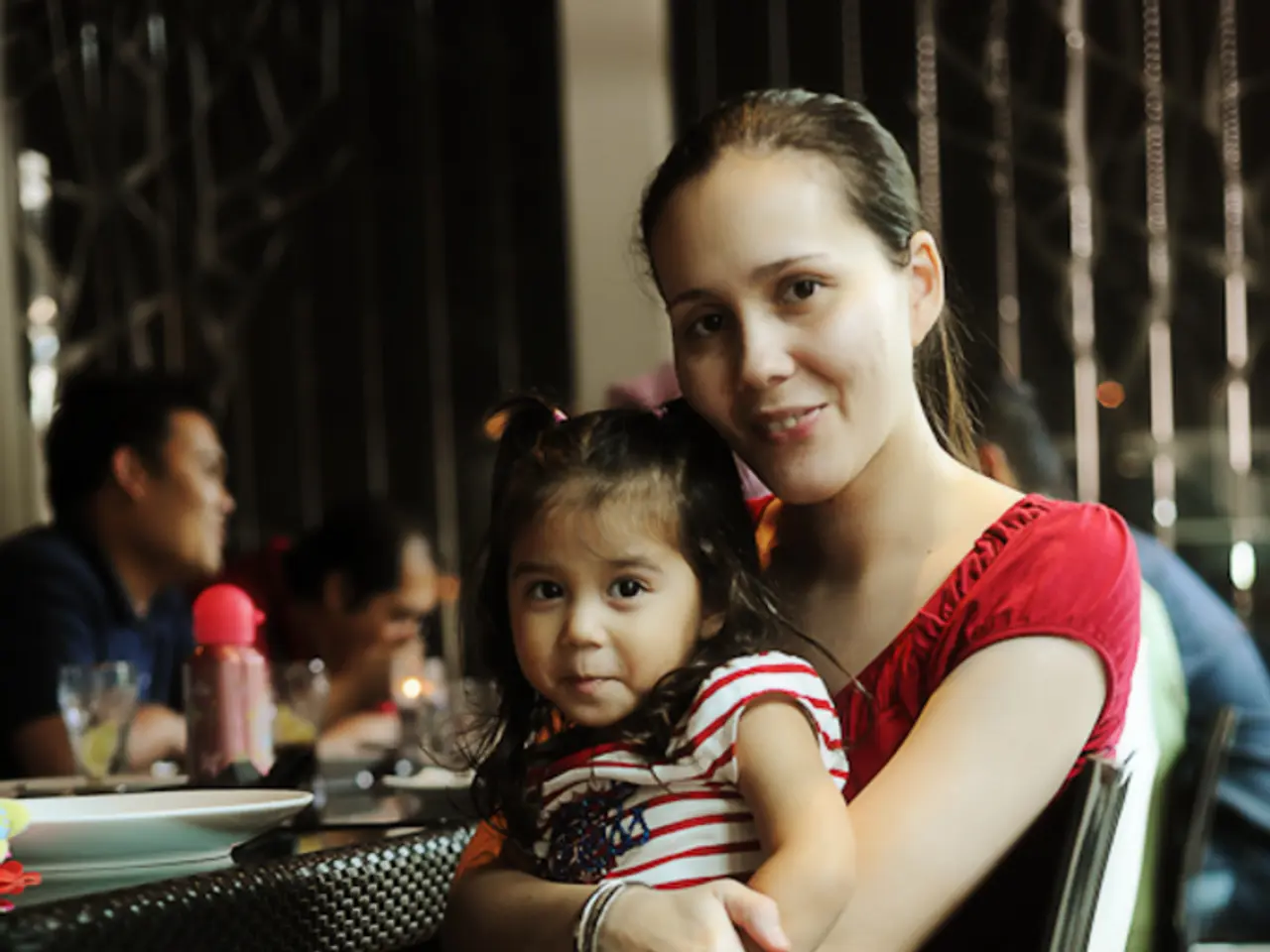Seeking Advice from a Fertility Specialist: When's the Right Time?
In the journey of starting a family, some couples may face challenges. Here, we provide a guide to help you navigate through potential fertility issues.
A reproductive endocrinologist, a specialized gynaecologist/obstetrician, is equipped to help with such issues. It's essential to ask questions during your first visit with this specialist. Topics to cover include the cause of conception problems, additional tests, treatment success rates, treatment duration, potential side effects, and next steps if the initial treatment is unsuccessful.
One common cause of multiple miscarriages is anatomic uterine problems such as scar tissue or a septate uterus. Family history may also play a role, with early menopause potentially affecting the time available to conceive.
Thyroid problems have been shown to be connected to fertility issues. If you suspect thyroid issues, consulting a doctor is advised to ensure no side effects related to conception.
If you have a major health issue or a past medical history, it's crucial to consult a fertility doctor to ensure no side effects on the reproductive system. Conditions like diabetes, kidney or heart problems, hypertension, and cancer survivors should have their fertility checked.
Women with reproductive issues such as Polycystic Ovary Syndrome (PCOS) or endometriosis should visit their doctor immediately if they are trying to conceive. Similarly, both men and women who have survived cancer should have their fertility checked due to the potential effects of chemotherapy on egg supply and sperm count.
For women under 35 years old who have difficulties getting pregnant, seeking a fertility specialist consultation is recommended after 12 months of trying. However, for women aged 35 and older, it's advisable to do so after 6 months of unsuccessful attempts.
Once a woman reaches 40, not only does the number of eggs produced start dropping, but the quality starts to drop as well, increasing the chances of miscarriages or trouble getting pregnant.
It's also important to note that an unhealthy Body Mass Index (BMI) can affect fertility. If your BMI is either above 30 or below 18, you may have trouble conceiving. Reaching a healthy BMI is very important before trying to get pregnant to avoid complications.
Lastly, unusual pain or irregular periods may indicate a problem with the reproductive system and should be checked by a doctor.
Remember, if you're facing difficulties in conceiving, don't hesitate to seek help. Early consultation with a fertility specialist can increase your chances of a successful pregnancy.
Read also:
- Nightly sweat episodes linked to GERD: Crucial insights explained
- Antitussives: List of Examples, Functions, Adverse Reactions, and Additional Details
- Asthma Diagnosis: Exploring FeNO Tests and Related Treatments
- Unfortunate Financial Disarray for a Family from California After an Expensive Emergency Room Visit with Their Burned Infant








